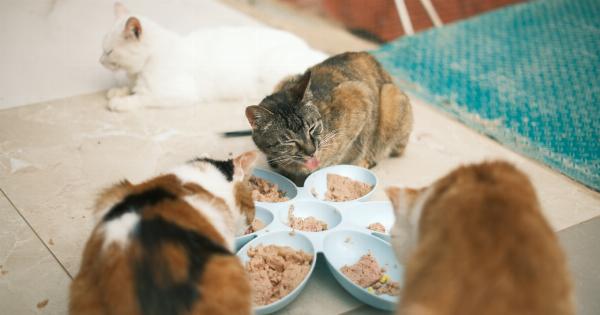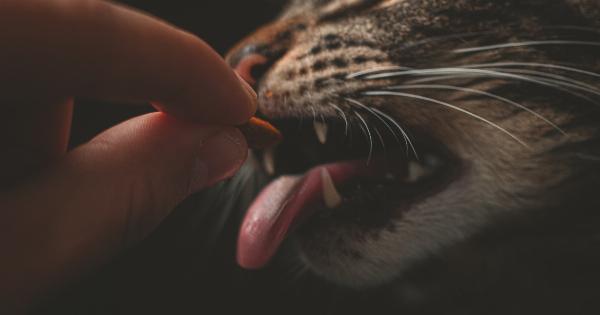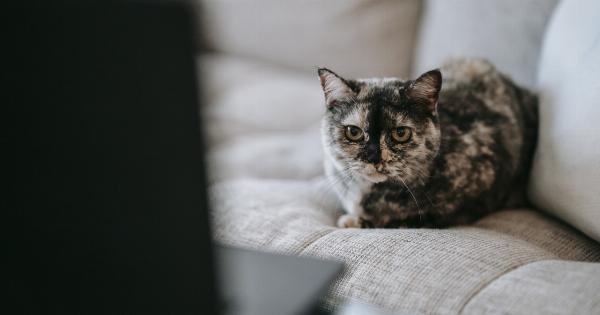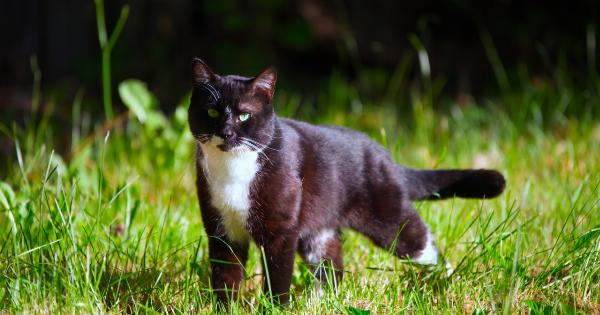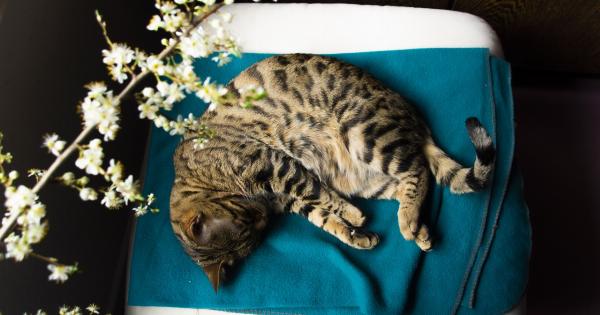Sterilization, also known as spaying or neutering, is a surgical procedure performed to remove the reproductive organs of cats. It is a simple and common procedure that offers numerous benefits for both cats and their owners.
While the primary goal of sterilization is to prevent unplanned litters, there are several other reasons why this procedure is important for cats. In this article, we will explore the various advantages of sterilization and discuss how it can help your cat achieve a healthy weight.
The Benefits of Sterilization
Sterilization has numerous benefits for cats. Let’s take a closer look at some of the major advantages:.
1. Prevents Unplanned Litters
One of the primary reasons for sterilization is to prevent the birth of unwanted kittens. Cats can reproduce at a rapid rate, and there are already millions of homeless felines in shelters.
By spaying or neutering your cat, you are actively contributing to the control of overpopulation and reducing the burden on animal shelters.
2. Promotes Longevity and Health
Sterilization has several health benefits for cats. Spaying female cats before their first heat cycle significantly reduces the risk of mammary gland tumors and eliminates the risk of uterine and ovarian cancers.
Neutering male cats helps prevent testicular cancer and reduces the likelihood of prostate problems. Additionally, sterilized cats are less prone to wandering and fighting, which lowers the risk of injuries and exposure to infectious diseases.
3. Prevents Behavioral Issues
Unneutered male cats can exhibit undesirable behaviors such as spraying urine to mark territory and aggressive tendencies. By neutering your male cat, you can prevent these behaviors and promote a calmer and more well-behaved pet.
Female cats may experience behavioral changes during heat cycles, including increased vocalization, restlessness, and attempts to escape in search of a mate. Sterilization eliminates these behavioral issues, providing a more harmonious living environment.
4. Reduces the Urge to Roam
Intact cats, especially males, are driven by their instincts to wander in search of mates. This behavior puts them at risk of getting lost, injured, or even killed in accidents.
By sterilizing your cat, you can greatly reduce their urge to roam and increase their safety by keeping them close to home.
5. Saves Money in the Long Run
While there is an upfront cost for sterilization, it is a worthwhile investment that can save you money in the long run. Unplanned litters can be expensive to care for and find suitable homes for.
Additionally, the cost of medical treatments for reproductive-related health issues can far exceed the cost of sterilization. By spaying or neutering your cat, you can avoid these unnecessary expenses.
How Sterilization Can Help Your Cat Achieve a Healthy Weight
Weight management is crucial for the overall health and well-being of cats. Sterilization can play a significant role in helping your cat maintain a healthy weight. Let’s explore how:.
1. Reduced Risk of Overeating
Intact cats, especially males, can have a higher appetite due to hormonal fluctuations. Sterilization helps balance these hormones, reducing the risk of overeating and excessive weight gain.
By controlling your cat’s food intake post-sterilization, you can ensure they maintain a healthy weight.
2. Decreased Energy Expenditure
Unsterilized cats often have a higher energy expenditure due to their increased activity levels driven by reproductive instincts. Once sterilized, cats become more relaxed and less driven by the need to find a mate.
This decrease in energy expenditure, paired with appropriate feeding, can help prevent excessive weight gain.
3. Altered Metabolism
Sterilization can have a slight impact on a cat’s metabolism. After the procedure, cats may experience a minor decrease in metabolic rate. This means that your cat may require slightly fewer calories to maintain their body weight.
Adjusting their food portions accordingly can help prevent obesity and promote a healthy weight.
4. Controlled Hormonal Changes
Hormonal changes that occur during heat cycles can affect a female cat’s behavior and appetite. These changes can lead to overeating and weight gain.
By spaying your female cat, you can eliminate these hormonal fluctuations and maintain better control over their diet and weight.
5. Veterinary Guidance for Weight Management
Your veterinarian can provide valuable guidance on weight management for your cat post-sterilization. They can recommend appropriate feeding practices, suggest suitable dietary options, and help monitor your cat’s weight on a regular basis.
Regular check-ups will ensure that any weight-related issues are promptly addressed.
Conclusion
Sterilization offers numerous benefits for cats, ranging from preventing unplanned litters to promoting long and healthy lives.
By opting for sterilization, you not only contribute to reducing overpopulation and saving lives but also help your cat achieve and maintain a healthy weight. Consult with your veterinarian to discuss the best time to have your cat spayed or neutered and to receive guidance on weight management post-sterilization.




